The ‘grandfather paradox’ has long been one of the most popular thought experiments in physics: you travel back in time and murder your grandfather before he’s ever born. If you’ve killed your grandfather, you’ve prevented your own existence, but if you never existed, how could you have committed the murder in the first place? Some physicists have avoided the question by arguing that backwards time travel simply isn’t consistent with the laws of physics, or by asserting a ‘many worlds’ interpretation of the Universe. But could the concept of quantum superposition remove what seems so paradoxical from this tale of time travel and murder once and for all?
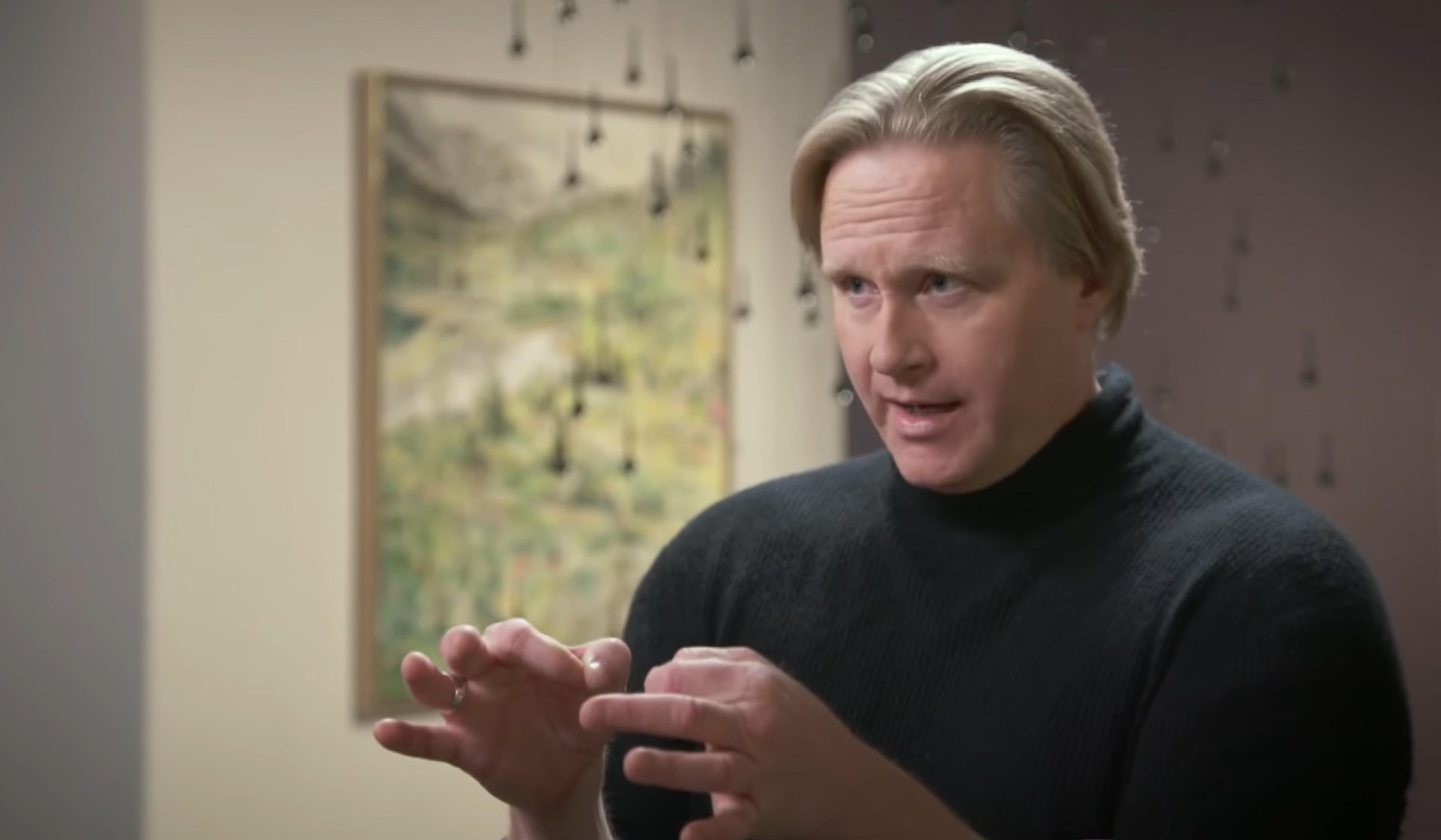
videoQuantum theory
Mind-bending new quantum experiments are blurring past, present and future
10 minutes

videoPhysics
An interstellar voyage explores the ‘paradox’ of twins separated by light years
6 minutes
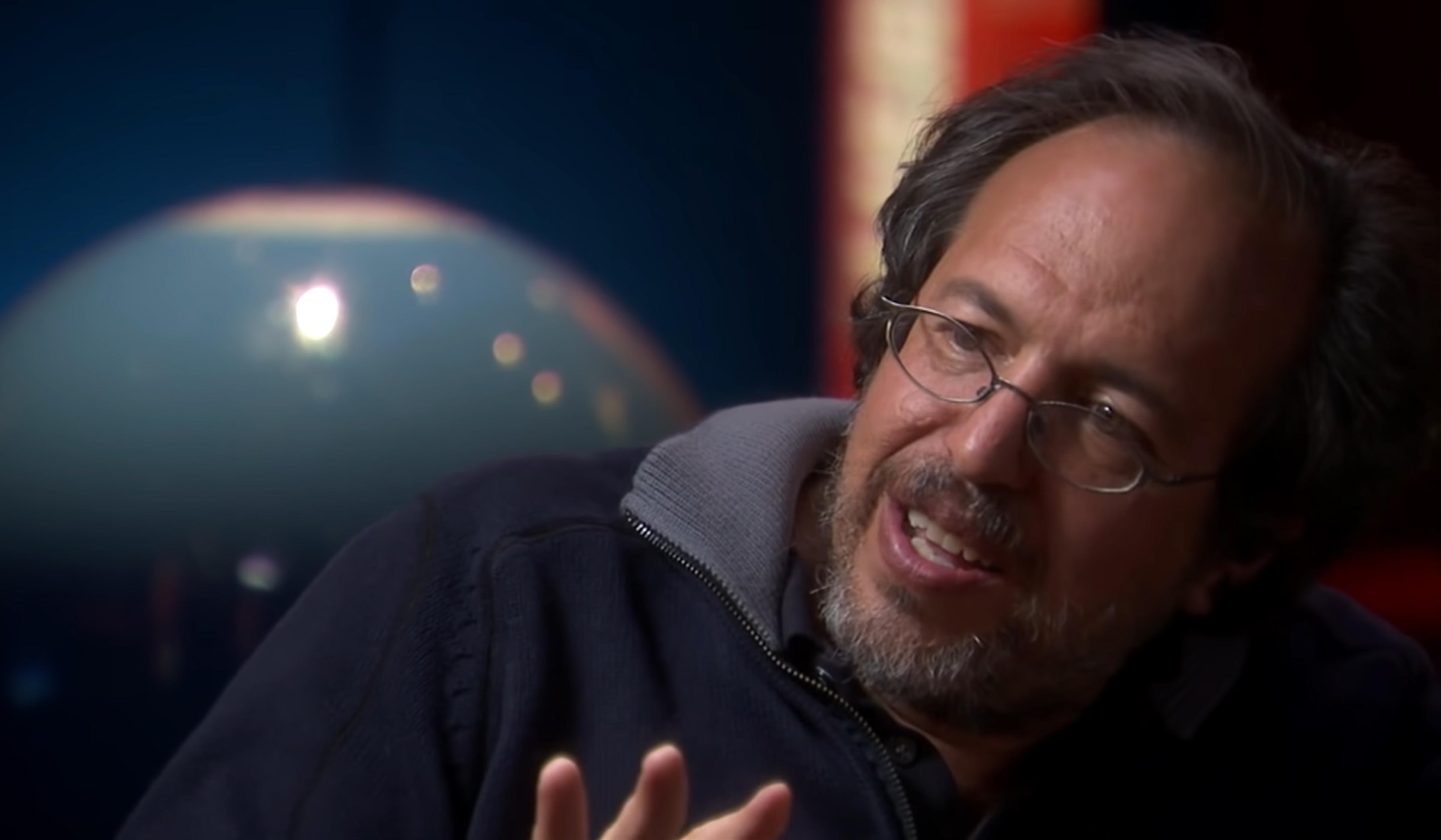
videoPhysics
Time is fundamental, space is emergent – why physicists are rethinking reality
9 minutes

videoPhilosophy of mind
If you knew everything, could you predict anything? A thought experiment
8 minutes
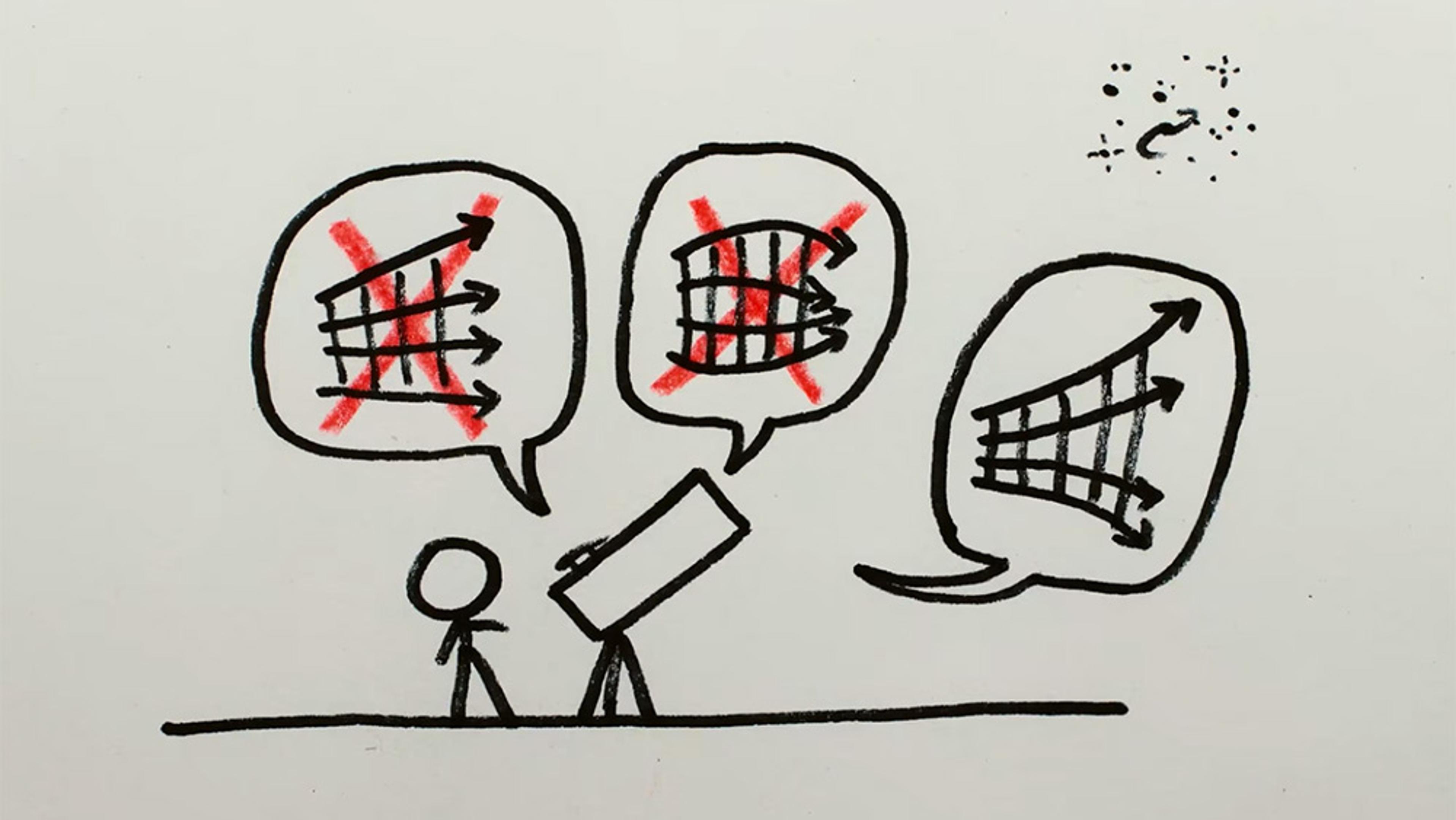
videoCosmology
Turns out that, even when Einstein was wrong, he was kind of right
6 minutes
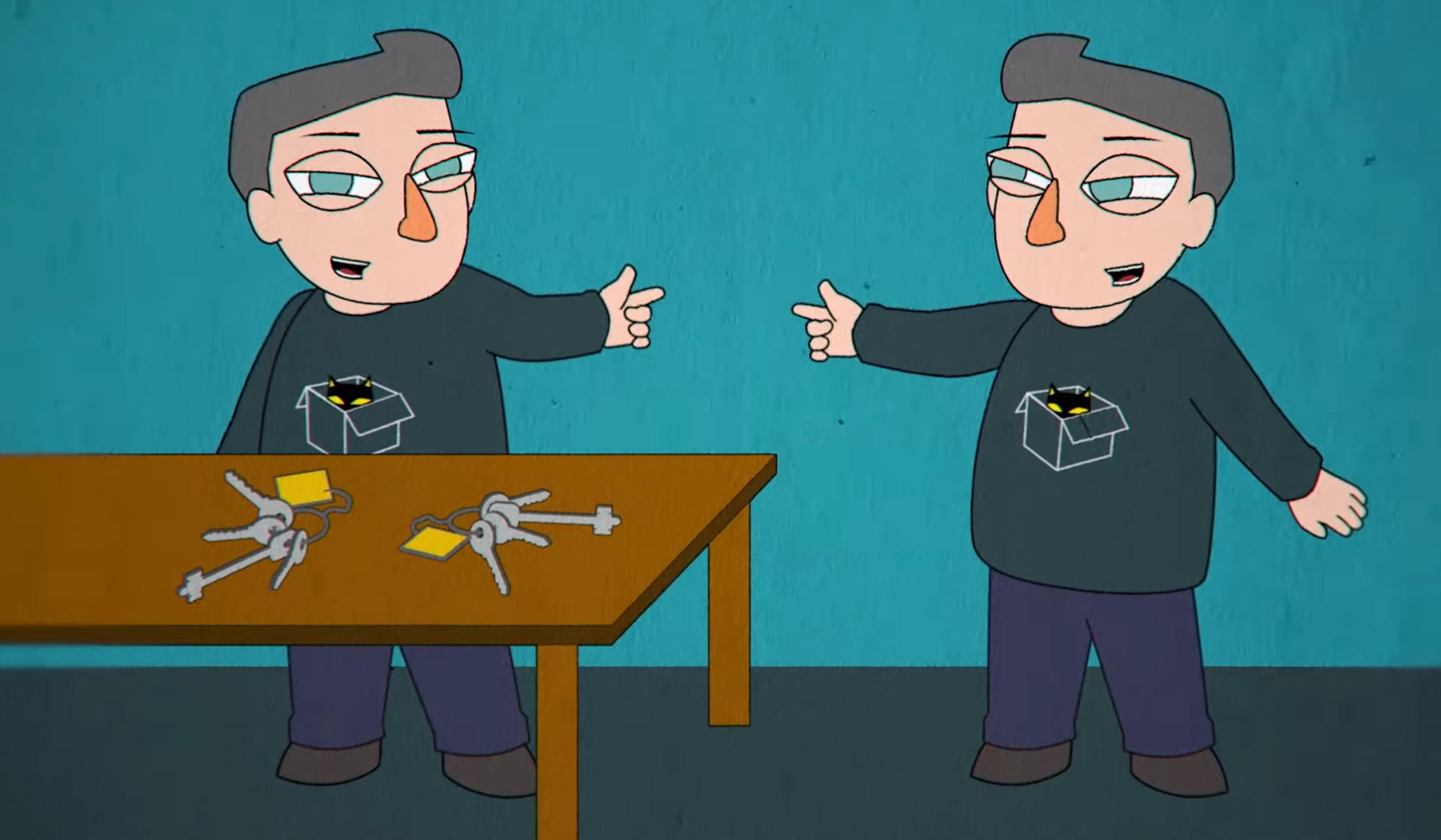
videoQuantum theory
Why aren’t our everyday lives as ‘spooky’ as the quantum world?
7 minutes

videoQuantum theory
The physics revolution that started with the flicker of a lightbulb
4 minutes
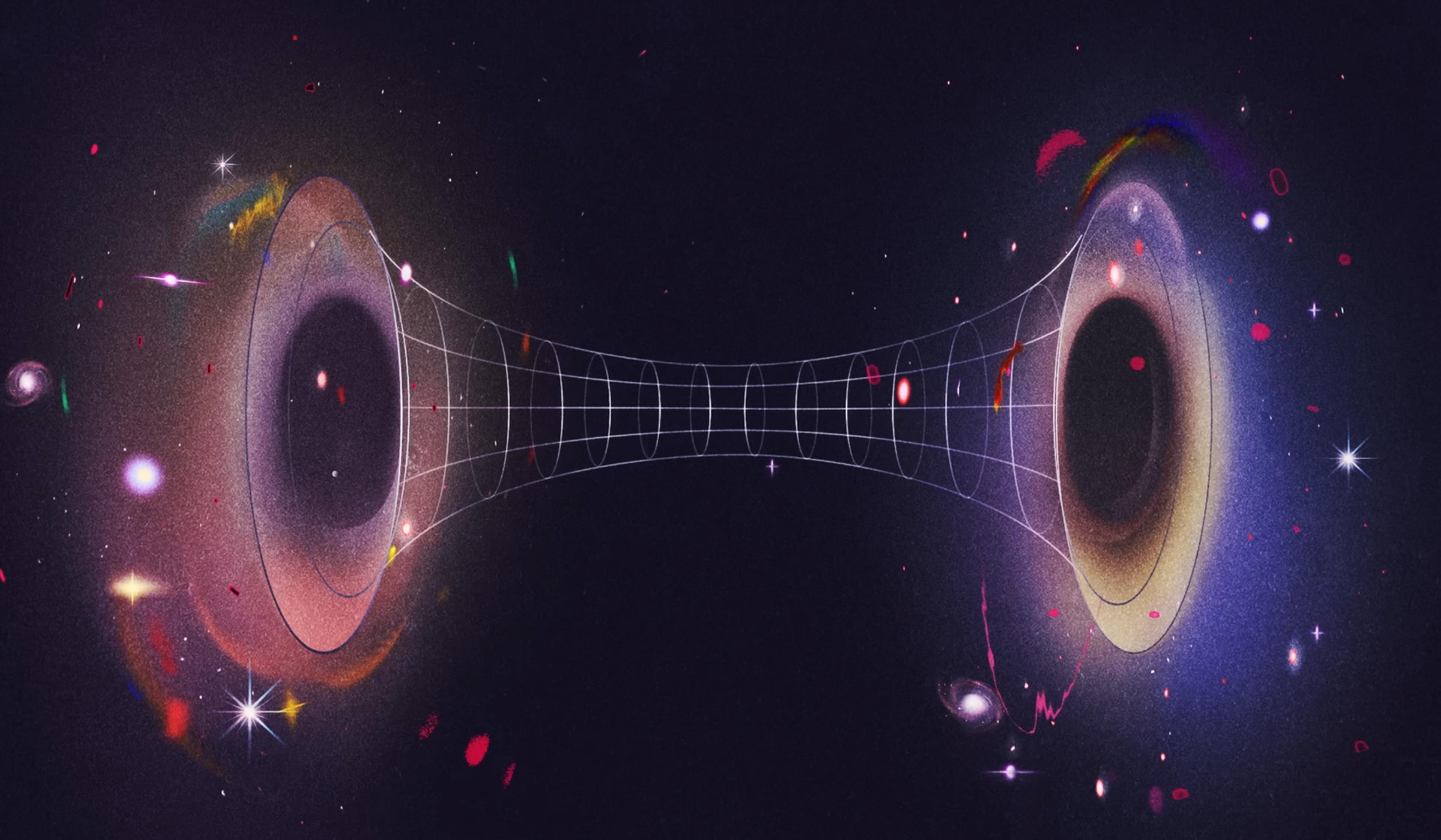
videoPhysics
The tangled tale of how physicists built a groundbreaking wormhole in a lab
17 minutes
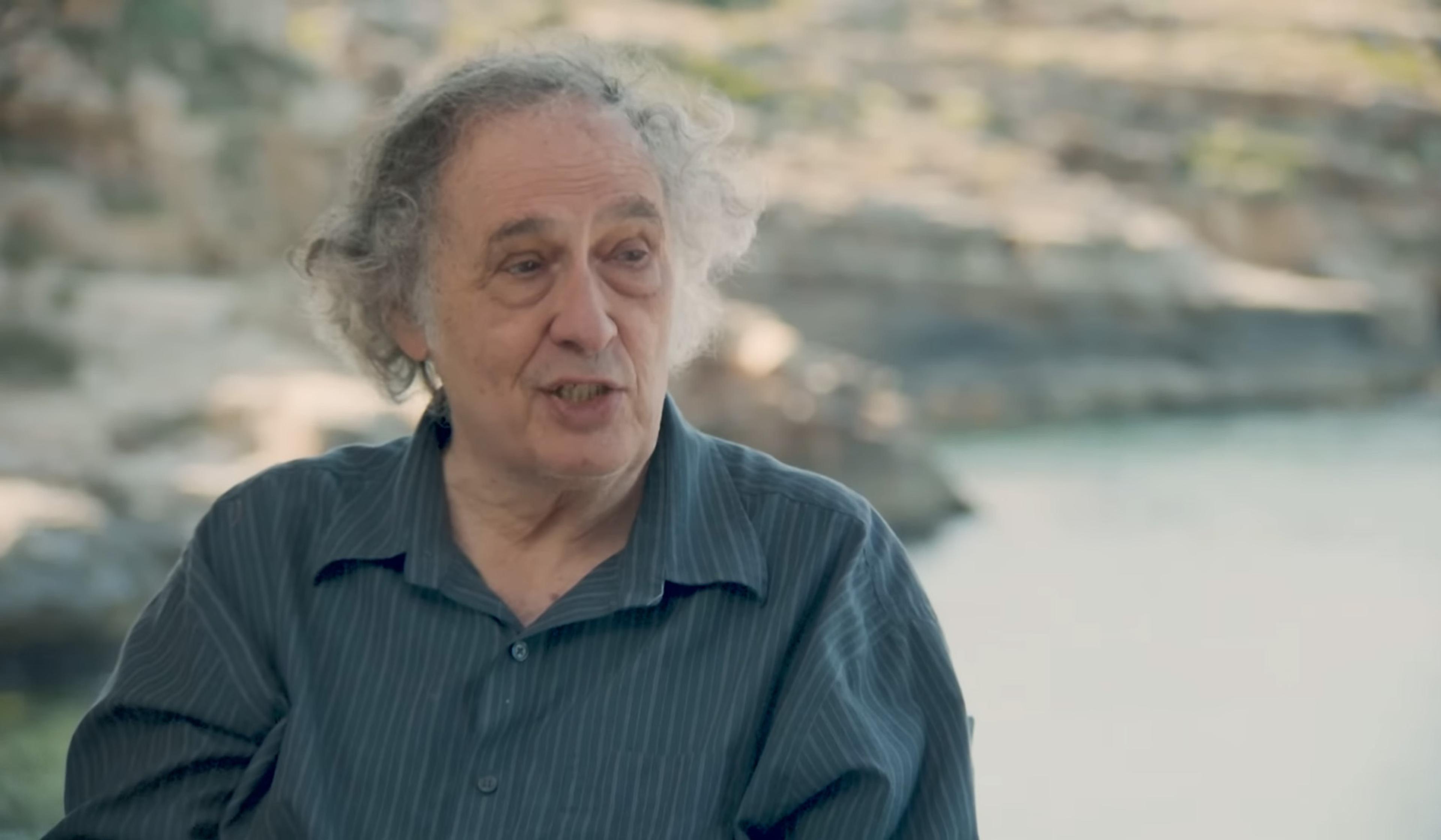
videoMetaphysics
Bertrand Russell wanted to kill off causation. Can contemporary philosophy rescue it?
8 minutes